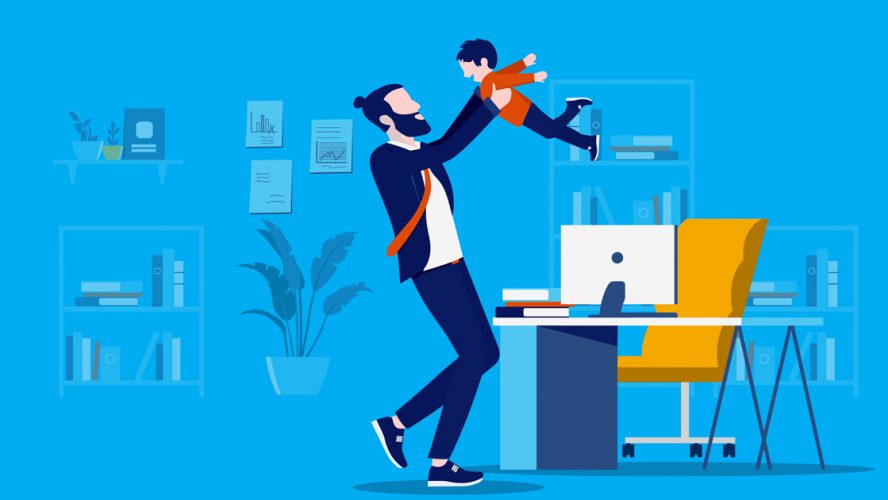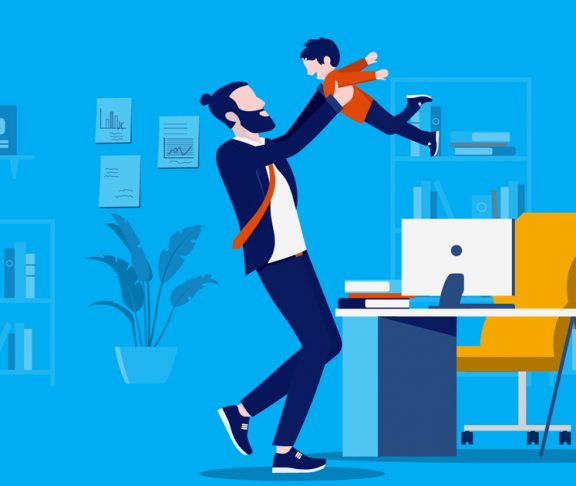
Emma Mamo
Head of Workplace Wellbeing, Mind
As we look forward to a post-pandemic world, workplaces need to make sure they invest and prioritise employee mental health.
The pandemic has taken a toll on our mental health. For many of us living with mental health problems already, our symptoms have worsened, and some of us have experienced mental health problems for the first time. Regardless of the size of your workplace, many – if not all – of your workforce will have been affected in some way, so it’s never been more important to promote staff wellbeing.
Hybrid working
Many staff have found themselves working from home full time, for the first time, as a result of the pandemic. At Mind, some staff have told us they have appreciated the added flexibility and unexpected benefits of homeworking, including more time to spend with family and less time, money and stress spent commuting.
Others have found working remotely isolating, particularly those who live alone, or have difficult relationships with those they live with, so a return to the office has been welcome. There is no one-size-fits-all approach to returning to the workplace – many employers will be moving to hybrid working, with staff dividing their working week between the workspace and their homes.
Many of us have begun returning to our former workplaces, but for some, it’s a big adjustment. Employees are looking to their employers to provide guidance on how to manage returning to work, working from home or hybrid working, with many employers trialling different options. It is important staff adjust in a way that doesn’t make anyone feel unsafe or distressed. For employers, that means regularly surveying staff and putting in place measures based on their feedback.
There is no one-size-fits-all approach to returning to the workplace –many employers will be moving to hybrid working, with staff dividing their working week between the workspace and their homes.
Investing in mental health
Employers need to prepare for different outcomes, including worst-case scenarios such as a return to lockdown, which still can’t be ruled out as winter approaches. This should involve making plans and sharing these with staff, while also reassuring staff that your organisation is planning as best you can in these uncertain times.
Given the toll the pandemic has taken on the nation’s mental health, it is important employers invest in workplace wellbeing initiatives for staff. Measures such as flexible working, generous annual leave, access to an Employee Assistance Programme (EAP) and subsidised exercise classes can help staff feel valued and supported.
– Mind’s website has information on staying mentally healthy at this time, as well as tips for staff and employers: www.mind.org.uk/work
– Free resources are also available via the Mental Health at Work website: www.mentalhealthatwork.org.uk

